Date: 22 May 2007
/strong>
The London International Wine & Spirits Fair will see the presentation of research on the environmental footprint of wine imported from Australia and France.
It suggests 30 to 40% reductions in carbon dioxide emissions can be achieved by transporting wine in bulk loads before the wine is bottled in the country where the wine is to be sold.
And, shipping in bulk can cut transport costs by 40%, the study said.
The world's largest importer of wines, the UK gets through a billion bottles each year, more than half of which come from New World countries. Shipping wine from Australia in bottles, rather than in larger containers, adds 164g of carbon dioxide emissions for every single bottle.
Produced by WRAP, the Waste and Resources Action Programme, the report states that as well as the unnecessary transportation of millions of tonnes of glass, transporting wine in bottles takes up twice the container space in ships than wine shipped in bulk.
Recycling
As an added environmental benefit, if winemakers can be sold on the idea of bottling their wines in the UK, more recycled glass from this country could be used to make the bottles.
Bottling wines in this country also means that lightweight bottles pioneered in this country can be used – offering another potential 30% saving of carbon dioxide emissions, according to WRAP.
Andy Dawe, WRAP's glass technology manager, said: "By encouraging the industry to bulk import wine and bottle it here in the UK, we can reduce the amount of green glass entering our recycling systems and also increase the use of lighter weight bottles, which use less raw material and are better for our environment."
Representatives from WRAP are attending the wine industry trade fair at London's ExCel exhibition centre from tomorrow (May 22) to brief wine importers, brand owners and retailers on the research.
Constellation One of the largest drinks companies in Europe, Constellation Europe, announced this month it is to establish a new bottling facility at Avonmouth, near Bristol. The facility will have the capacity to fill 120 million bottles of wine each year, and is expected to be up and running by 2009.
Mr Dawe, said: "The new Constellation facility is very welcome news. The UK is the largest importer of wine in the world, with over one billion litres imported from Europe and the New World. Around 80 per cent of this volume arrives already bottled.
Read the entire story on the source link below.

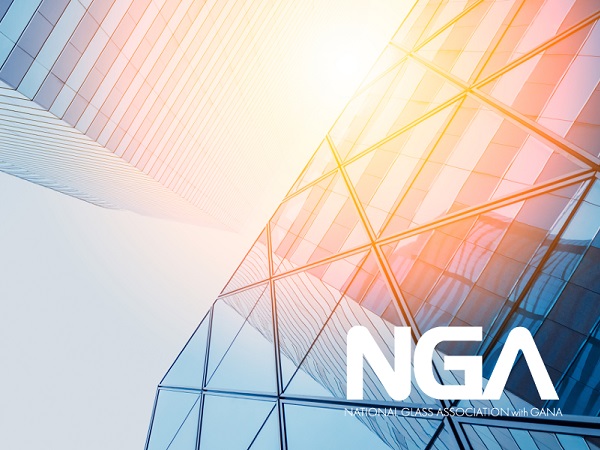
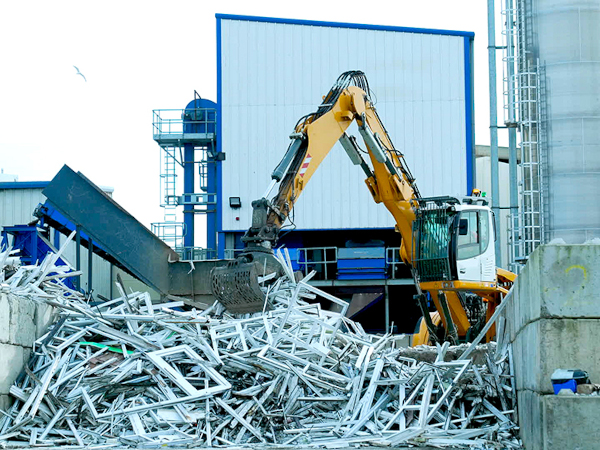
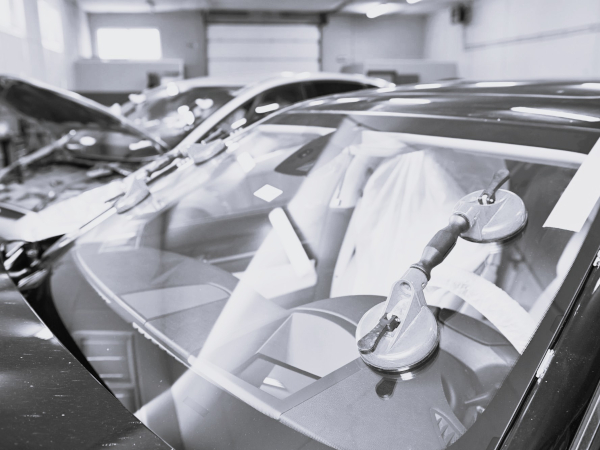
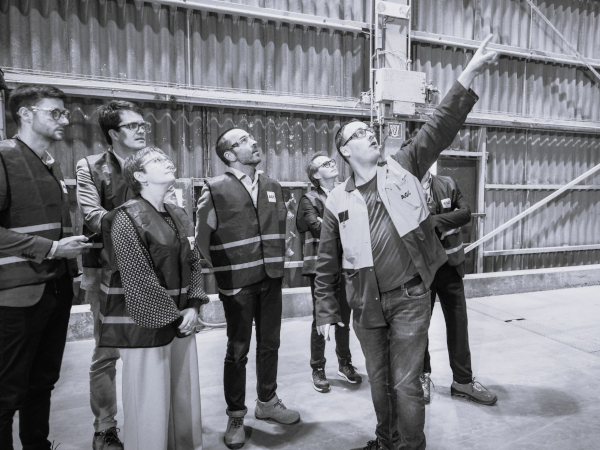
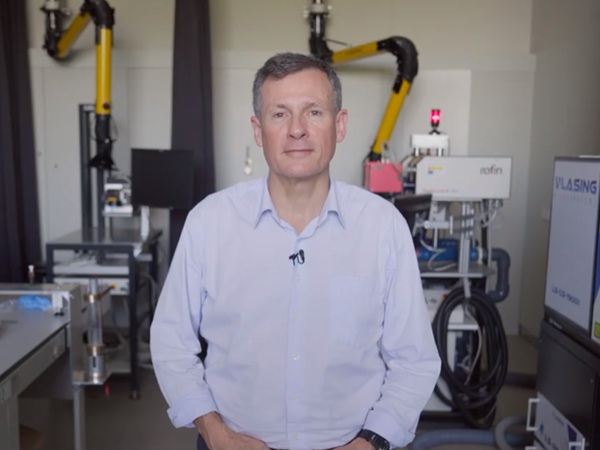

Add new comment